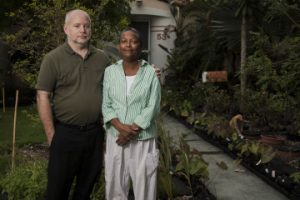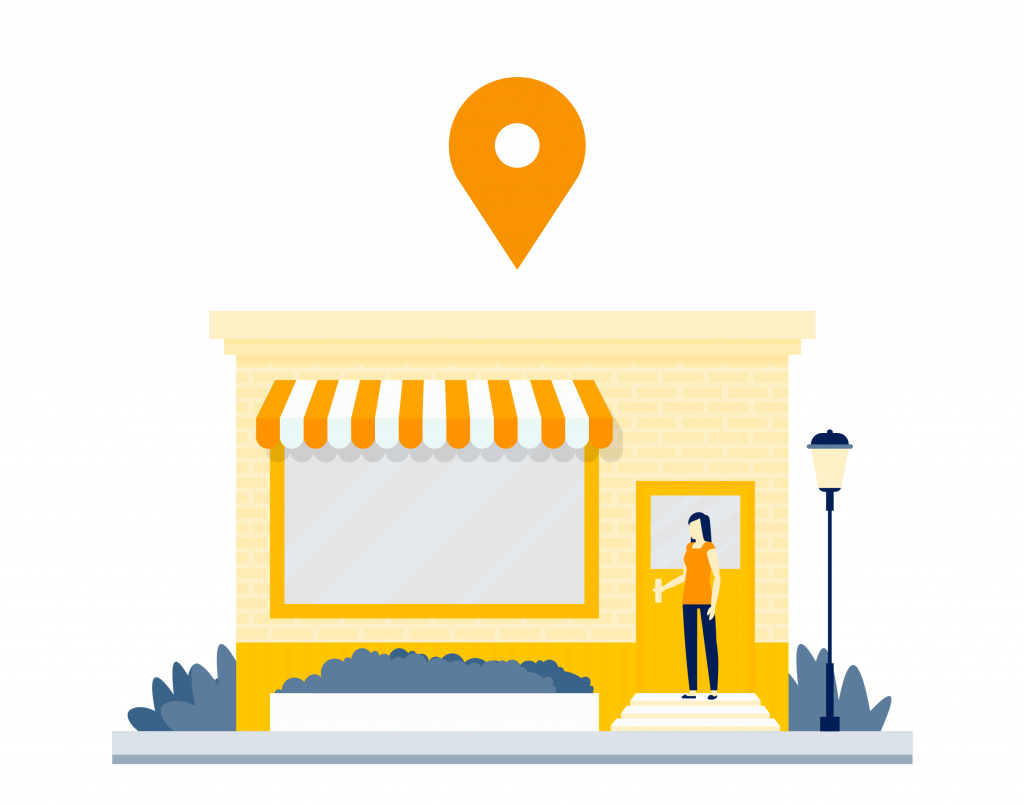Support home and community gardens
Residents should be able to grow fresh produce locally in their own yards or in community gardens.
Over the past several months, safe and convenient access to fresh food has become a pressing issue. Some communities enjoy multiple grocery stores and weekly farmers’ markets while residents in other areas do not have convenient access to fresh produce. This is especially challenging as many are stuck at home and vulnerable populations are trying to avoid public transit and crowded places. Even in places with access to grocery stores, supply-chain interruptions left some shelves empty. Many have lost their jobs and are in search of new ways to feed their families on shrinking budgets.

Allowing people to grow their own food in their own communities—or even their own yards—can limit unnecessary social interaction, allow more local access to fresh food, create much-needed jobs and affordable food options, and rejuvenate the vacant lots that plague many low-income neighborhoods. Plus, gardening is a safe outdoor activity that even groups can participate in while socially distanced from each other.
- Promote food security, safety, and stability: Vegetable gardens provide an easily accessible, inexpensive source of nutritious food. Some residents have taken vacant lots in cities and converted them into commercial or nonprofit gardens. Some gardens include farm stands selling freshly picked produce, “farm share” programs that allow local residents to eat the fruit of their own handiwork, and sites that allow consumers to pick what they wish to purchase fresh from the field. Others have taken up gardening in their own yards.
- Protect the environment: As supply-chain disruptions illustrated, many Americans rely on fresh fruit and vegetables grown hundreds or thousands of miles away—even outside the U.S. entirely. There is no better way to “eat local” than to grow food in your yard or on your block.
- Promote healthy living: There is nothing more wholesome than fresh vegetables and greens. And the act of gardening has scientifically–proven physical and psychological benefits. As stay-at-home orders persist, all local governments should encourage citizens to go outside for safe and healthy endeavors like gardening.
Regulatory Roadblocks Hold Gardeners Back
Roadblocks created by zoning codes can prevent gardeners and small-scale farmers from growing healthy food for their families and their neighbors. Some of these zoning codes explicitly prohibit vegetable gardens, while others regulate what you can plant and where you can plant it. And the penalties for violating these ordinances—even during a pandemic—can be steep.
Cities should eliminate restrictions that prohibit edible vegetable gardens and rethink burdensome regulations that unreasonably restrict what property owners may grow. Likewise, cities should rethink outdated zoning ordinances that prohibit urban agriculture in urban or commercially zoned districts.
To increase access to locally grown food, cities should:
- Modernize regulations and clarify rules guiding urban farms and community gardens.
- Amend the zoning code to formalize urban agriculture and community gardens as approved land uses.
- Eliminate explicit prohibitions on vegetable gardens.
- Rethink burdensome regulations that unduly restrict what property owners may grow or which parts of their yard they may use. Residents should be free to plant their gardens in whichever area of their property is ideal for growing.
Let’s get to work in your city.
Please fill out this form and an IJ staff member will reach out to you shortly.
